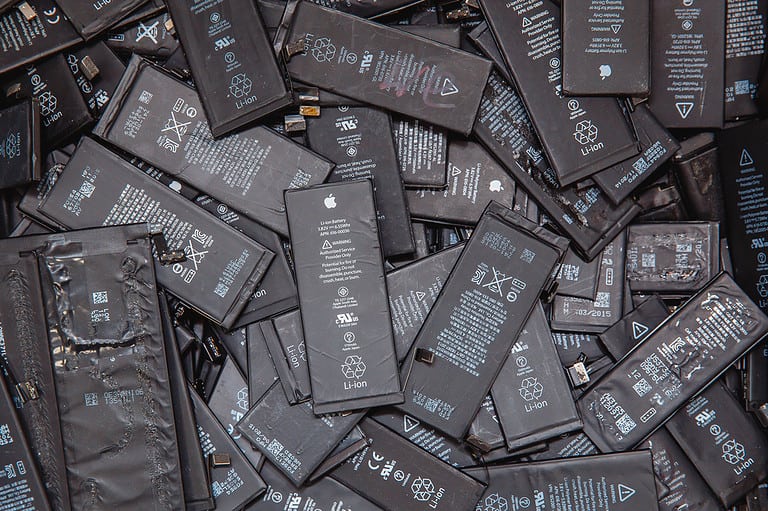Portable electronic devices must have replaceable batteries in the EU from 2027. A bill to this effect has been adopted by the Council of Europe.
All European legislative bodies have now agreed to the law. The law has been in development since 2020 and now only needs to be signed by the European Parliament and the EC. The law is expected to be introduced this summer.
The law stipulates that from 2027, batteries in portable electronic devices must be removable and replaceable. A battery is considered replaceable under the new regulations if end users themselves can remove and replace the battery with freely available and non-specialized tools, when no free tool is provided.
If this requires heat and/or solvents, the battery cannot be classified as replaceable.
Exceptions
Manufacturers do get some exceptions. When a battery is specifically intended for use in or near water, a replaceable battery need not be included. Also, if a direct connection between battery and the rest of the device in question is important, manufacturers do not have to comply with the regulations.
Recycling battery raw materials
In addition to replaceability, the new European battery law also regulates the components that a battery must consist of. Under the new regulations, these must consist largely of recyclable raw materials. For example, batteries used for industrial applications and for electric cars must have a recycling rate of 16 percent for cobalt, 85 percent for lead, 6 percent for lithium and also 6 percent for nickel.
In addition, for lithium, 50 percent of all discarded lithium must be recycled as of the end of 2027. By the end of 2031, this percentage goes as high as 80 percent.
The EU wants to enforce the recycling measures in the battery law through due diligence rules. This will require manufacturers to compulsorily verify the origin of raw materials. An exception will be made for SMEs.
Tip: EU’s vision for the future of batteries faces tough challenges


















